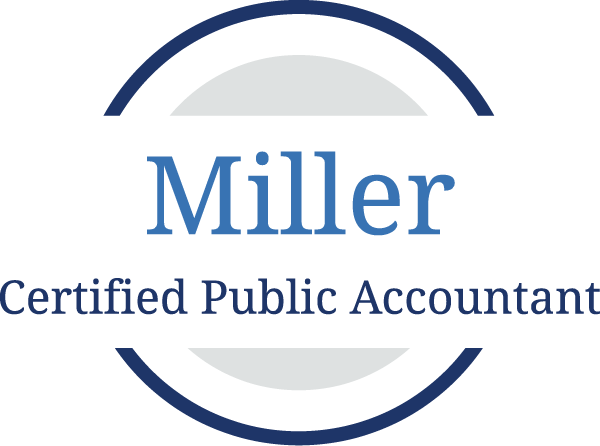Why Does Financial Planning and Tax Planning Work So Well Together?
Investing is a good way to ensure you can maintain your lifestyle through retirement, pay for your children’s college, and even build a multi-generational legacy.
There are many ways to start planning for your future. Some investors try to save more or delay their goals, so the market has time to grow. These options don’t always sound desirable, even if they are feasible.
Another option is to become more tax efficient. In other words, to reduce the tax taken from your investment earnings.
Taxes are a substantial drag on wealth accumulation because they hamper the powerful effects of compound growth rates. That’s because investors will never earn additional investment returns on the dollars paid out as taxes. So even small reductions in taxes can have a big impact on wealth accumulation over time.

